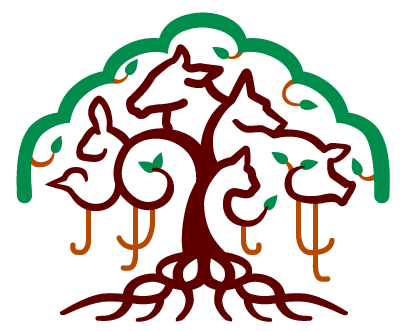Ecological Conservation
Promotion of local biodiversity and regeneration of indigenous species
Over the last 15-20 years there has a been a shift away from indigenous plants and trees to hybrids, imported and non-seasonal varieties. This is seen in both edibles where non seasonal varieties of fruits and vegetables are now demanded and grown throughout the year and in afforestation work where non local trees are grown as monocultures to increase forest cover. Since such varieties of plants and trees are being grown in alien conditions, they generally end up becoming more resource intensive, prone to diseases and low on nutrition content. Our aim is to help relieve the pressure on our natural ecosystem by bringing back and promoting the indigenous varieties and growth techniques. We are doing this by growing them directly, creating a bank of indigenous seeds and promoting them through workshops and awareness programs.
Reforestation and regeneration of degraded land
Deforestation for farming and settlement is one of the major problems being faced across the world. As per the United Nations, since the 1990s, an estimated 420 million hectares of forest have been lost through conversion to other land uses with the current deforestation rate at around 10 million hectares per year. This is one of the primary reasons why the world is now staring in the face of water shortage, erratic weather patterns, salination of land and natural disasters like floods. We believe that it is each individuals responsibility to help reign in this rampant destruction. Instead of monoculture plantation, our aim is reforestation with heterogeneous forest with local and hardy variety of trees, especially those capable of growing on degraded land.
Promotion of natural practices of sustainability and preserving soil fertility
Along with the loss of indigenous varieties of plants and trees we have also lost the knowledge of how to grow them without the use of harmful chemical additives and pesticides. Now our plants are fortified with excess doses of unnecessary chemicals and sprayed rampantly with pesticides all of which make their way on to our tables and in our bodies. Increase in number of diseases like cancers, growth disorders and genetic issues are a direct consequence of this. Part of the reason for their usage is greed and ignorance but part is also because farmers no longer know what to do to improve the yield of their crops or to protect them from pests and diseases. Our aim is to do practical, on ground testing and research to identify various natural means. This includes areas like use of organic manure to increase soil fertility, natural pest management using various plant extracts, use of healthier native seeds and watershed management to prevent soil erosion and wastage of rain water.
Generating awareness about the impact of consumption of natural resources
Our aim is to carry on educational programmes in schools, colleges and at the community level for spreading awareness regarding sustainable practices and environmental protection. Activities include introduction to simple daily practices which can be carried out on a day-to-day basis, but which still add up to a significant impact when added up. Our focus is on children as they are the makers of tomorrow and at a young age more in-tune with nature.
